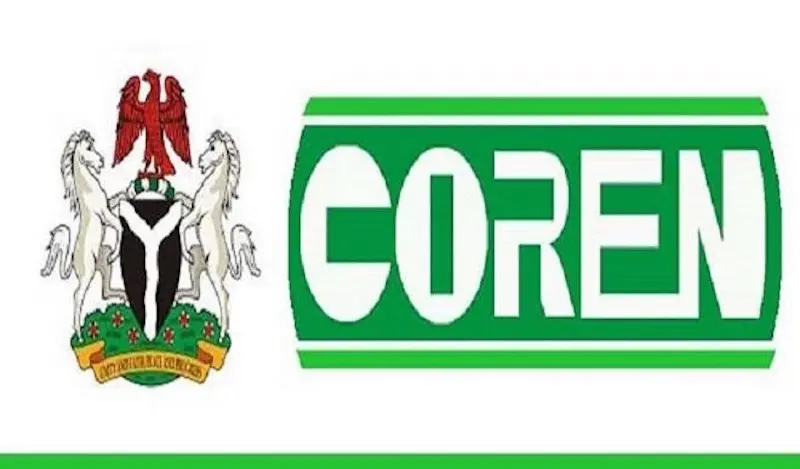In compliance with the provisions of the Engineers (Registration etc) CAP E11 2004 Act as amended, the Council for the Regulation of Engineering in Nigeria (COREN) has released practicing regulations for the engineers.
In a statement released by the president of the council, Engr Ali Rabiu, he said COREN has ensured the deployment of more effective strategies for guaranteeing best practices among the various professionals in engineering through the review of curricula as Nigerian Engineering Programmes are transiting from the traditional input to outcome-based education (OBE) with the aim of raising the competency level of the practitioners.
He said, “The successful investigation and/or reprimanding /prosecution of erring Engineering practitioners as it relates to collapse of Buildings and sundry offences associated with the Built Industry in Nigeria.
“The introduction of the Continuing Professional Development (CPD) points as part requirement for the procurement of practice licence, a quality control mechanism to ensure that only competent practitioners are issued with practice licence, with effective implementation date from January, 2023.
This is in pursuance of the COREN amended Act which has made practice licence compulsory for all engineering practitioners and firms.
“In order to ensure operational excellence in engineering some critical indigenous engineering regulations, codes and standards have been developed, some of which have been recently gazetted to regulate engineering practice in Nigeria.
“COREN Engineering Practitioners’ Code of Conduct, Regulations on Accreditation of Engineering Programmes in Nigeria, Regulations on Structural Engineering Practice in Nigeria, Regulations for Establishment of Engineering Practitioners Examination Committee; Regulations for Marine Engineering, Naval Architecture and Marine Surveying Practice in Nigeria; Work has commenced on developing National Construction Safety Standards for Nigeria in the area of Building/Civil Infrastructure, amongst others.
“The establishment of the Engineering Practitioners’ Examination Committee for the immediate implementation of a harmonized professional registration scheme that will be beneficial to all stakeholders in engineering,” he said.





